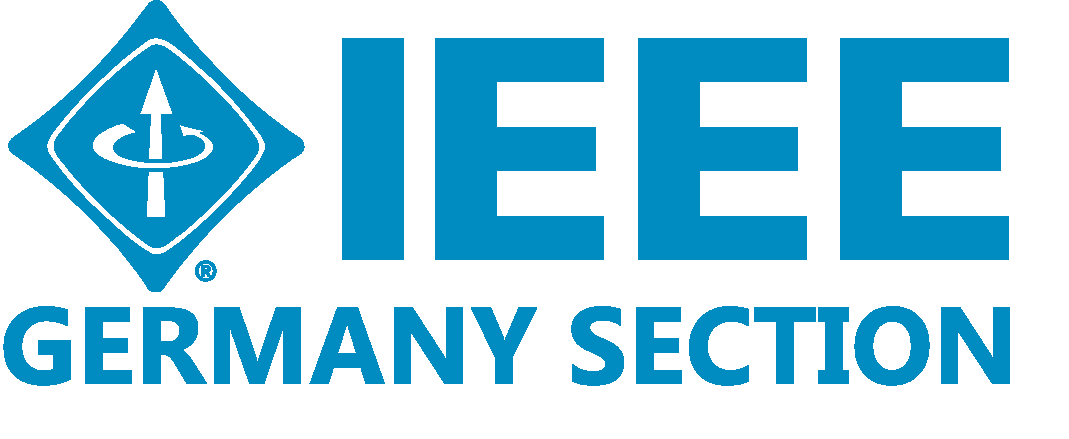Workshops
Beyond the Classroom: Enhancing Project-Based Learning with Simulation and Hardware Integration

In today's rapidly evolving world of engineering, success depends not only on technical expertise but also on the ability to collaborate and solve complex problems innovatively. Through a dynamic blend of project-based learning and immersive online resources, we cultivate critical thinking and practical problem-solving skills essential for global impact. By leveraging industry-standard MathWorks tools like MATLAB and Simulink, our curriculum delves into mathematical modeling and computational simulation, equipping our first-year students with the skills to excel in today's fast-paced engineering landscape. Imagine yourself engaged in exciting projects such as autonomous robot navigation and participating in lively assessments that drive innovation and creativity. With our focus on diversity, innovation, and hands-on learning, we empower students to confidently address real-world challenges. Embark on a transformative journey with us at the forefront of engineering education, and experience first-hand how our innovative approach not only enhances practical skills and sharpens critical thinking but also lays the groundwork for impactful careers in engineering.
Challenge based learning and collaborative teaching for an interdisciplinary and interactive learning environment

HandsOn HIVE – Digital Lab for Electronics

Enhancing Learning Outcomes: Interactive Formative Assessment using Autograding via MATLAB Grader

This workshop on Formative Assessment demonstrates how teaching can be enhanced and how student learning can be empowered using formative assessment in digitized academic teaching by means of MATLAB Grader cloud-based autograding platform. Formative assessment is a cutting-edge educational strategy that leverages continuous feedback and assessment to enhance the learning process. Unlike summative assessment, that provides an evaluation snapshot at the end of a course, formative assessment allows for ongoing adjustments to teaching and learning methods throughout the course based on continuous feedback and autogenerated statistics. In this workshop, participants will delve into how formative assessment fosters a deeper understanding of course content, boosts student motivation, and supports the development of essential learning competencies such as critical thinking and problem-solving. During the workshop, the participants will explore the role of MATLAB Grader as a pivotal tool in this process, providing immediate performance evaluations and tailored feedback that help educators tailor their instruction to meet the evolving needs of their students. Moreover, the workshop participants will discover how MATLAB Grader integrates seamlessly into your teaching workflow, enabling them to concentrate on crafting assignments that align with learning outcomes while students engage in self-directed work. This powerful platform enables innovative teaching approaches such as the Flipped Classroom format, Project-Based Learning (PBL), via the creation of reusable digital materials/tasks for autograding, allowing students to learn at their own pace. By attending our workshop, educators will learn how to harness the full potential of MATLAB Grader to streamline the formative assessment process. Workshop participants will gain insights into how automated feedback and the generation of insightful statistics can transform their teaching approach, making it easier to identify and address the specific areas where students need support. This workshop will enable educators to revolutionize their academic teaching with MATLAB Grader and formative assessment strategies that align with the modern educational landscape. Conclusively, this workshop is designed to equip educators with the knowledge and tools necessary to create a more engaging, responsive, and effective learning environment for their students.
Pillars of Learning - Active Engagement: Experiences and Best Practices

Based on courses in Engineering Curricula (either on B.Sc. or M.Sc. level), which are employing Active Engagement as a basic building block, we will briefly report on the underlying concepts, their experiences and observations when actually executing the ideas in a real classroom. The audience is invited to jump in and discuss about problems university teachers may encounter if they venture into launching similar courses, either from an administrative side or also originating from acceptance issues on the students’ side. Participants in the workshop can learn about practical implementations of an important pillar of learning, learn about best practices to make things work and what students say about being activated. This workshop comes as „messages from the machine room“, encouraging university teachers to take a bold dive into a (not so) new paradigm of teaching.
Fostering student conceptual understanding in introductory engineering courses with research-based instructional materials

There is evidence that instructional materials that are informed by this research and that take into account such difficulties by prompting students to critically assess their own understanding can improve student learning. This workshop will introduce participants to Tutorials in Engineering, a set of cooperative-group learning materials for some of the courses mentioned. They are based on an approach that has been used successfully in the field of undergraduate physics education for some time.
This workshop will allow the participants to explore samples of the materials from a learner's perspective. We will also discuss various aspects of incorporating the tutorials into an introductory course and present data from a large study that demonstrate their effectiveness in improving student understanding of core concepts of their courses.
Networking Education in Germany

In the session, we will coordinate sessions between participants on joint topics to meet common interests. We will also provide a summary of reported research in the community and opportunities for funded projects in Education. The IEEE Germany Section will also launch a call for funded projects in Education among universities. We hope participants find an opportunity to extend their networks and coordinate further research directions among pairs.
Gold Sponsors
Silver Sponsors

Technical Sponsor



